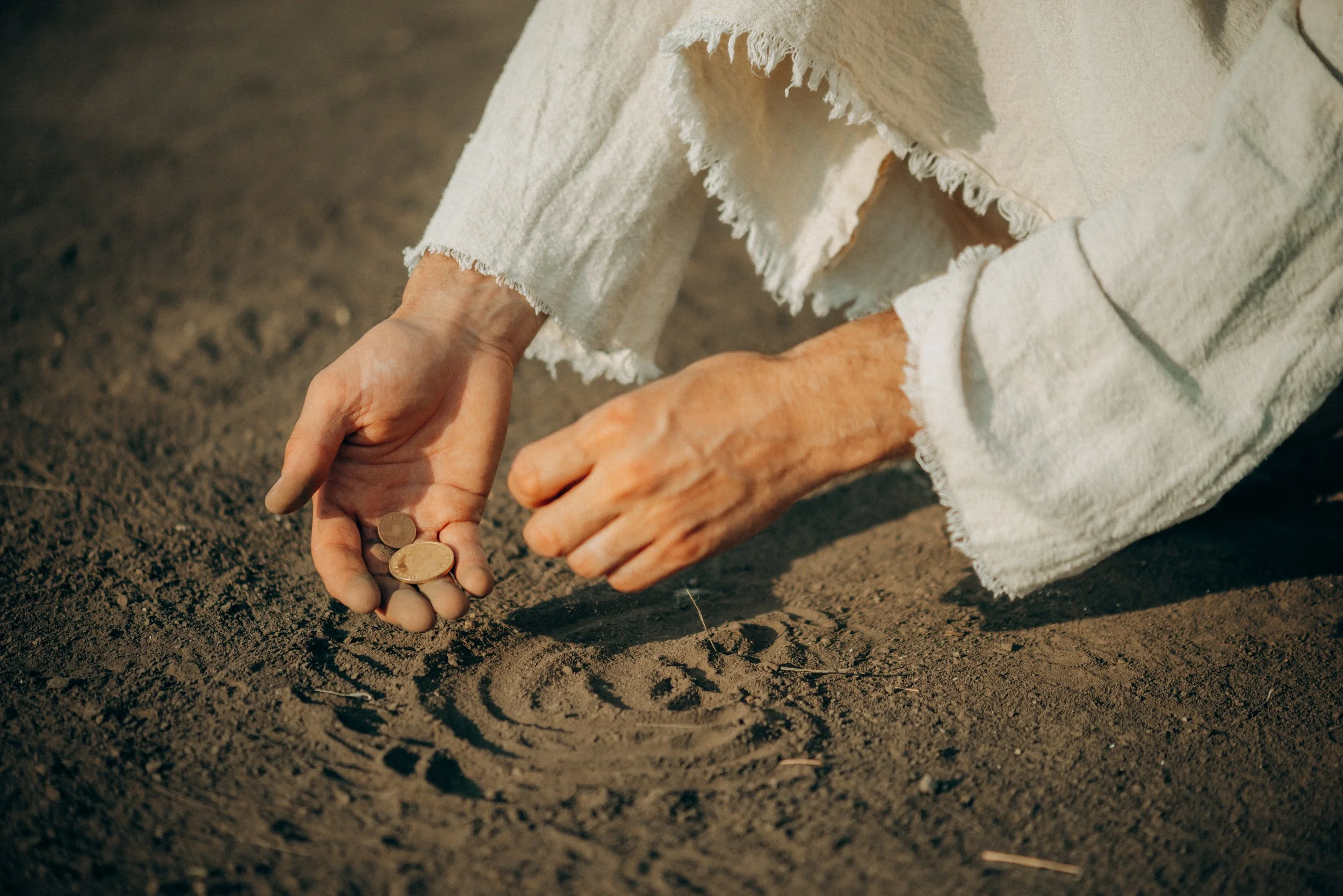When Should I Start Investing?
One of the most remarkable cultural revolutions of the 21st century is the ability to essentially get whatever you want whenever you want. During the exploration age, brave travelers undertook dangerous and arduous journeys to return spices to Europe, which nowadays can be found at the Walgreens two blocks from your house or on your porch when you wake the next morning. Once upon a time, salt was among the most expensive commodities, now it might be one of the cheapest items in the grocery store.
Whether it be a jersey of your favorite sports team, a new coffee mug, or a lunch at a local restaurant, our modern world constantly asks us to spend money and consume as much as possible. When it comes to our finances, finding out what the world wants from us is easy. However, finding out—and living out—how God wants us to treat the resources He has given us can be a bit more challenging.
Ultimately, recognizing that God owns it all means that He requires us to act as His stewards. When we spend our money, we ought to ensure that how we use it honors the Lord. Put more simply, we are to be good stewards. The challenge then becomes to find practical ways to steward what He has entrusted to us.
The Eighth Wonder of the World?
One way to do this is through investment. One of my finance professors sometimes wore a T-shirt that read, “The eighth wonder of the world: compound interest.” Honestly, comparing compound interest to the Lighthouse of Alexandria or the Great Pyramid of Giza may not be too far off the mark. U.S. News reported in 2024 that investing $15 daily in the stock market could grow to $1.2 million in 40 years.
To see returns of this magnitude, however, one must start investing early in life. In the same article, U.S. News compares two people who invest $200 per month. One of the individuals began investing at 25, and the other at 35. By the time they both reached 65, the person who started investing earlier had more than double what the other person accumulated. The benefits from a financial perspective are clear, but how does investment tie into our faith?
God’s Plan for Investing
The “Parable of the Talents,” told by Jesus in the 25th chapter of Matthew’s gospel, helps us to answer that question. The story begins with an interaction between a master and his three servants. The master gives each servant several talents, a critical currency of Jesus' time. The first servant receives five, the second receives two, and the third receives one. Then, the master leaves to go on a journey, and when he returns, he asks his servants about the state of his money. The first and second servants doubled their master's talents, while the third servant dug a hole in the ground and hid the money. The master congratulates the first two servants, pleased by their stewardship.
However, the third servant receives harsh criticism for failing to use the money wisely. In fact, that criticism explicitly calls out the third servant for failing to invest. We read in Matthew 25:26-27: “But his master answered him, 'You wicked and slothful servant! You knew that I reap where I have not sown and gather where I scattered no seed? Then you ought to have invested my money with the bankers, and at my coming I should have received what was my own with interest.'“ God has blessed many of us in the modern world with riches beyond what could have been imagined by the kings of Jesus' time. As a result, it is of the utmost importance that we do not use those blessings like the third servant. God does not call us to bury His blessings but to use them to multiply their impact for the Kingdom.
Our Kingdom vs. His Kingdom
When God asks us to invest our resources, He wants us to do it from a specific heart posture. Oftentimes, modern investing is seen as a way to get rich quickly, especially among young people. The Royal Mint in the United Kingdom reports that although 80% of 16-25-year-olds are investing, 64% have experienced some form of investment loss. The Royal Mint believes that the cause of this is a ‘get-rich-quick’ mentality. If we invest this way, we are not following God's plan.
In Matthew 6, Jesus tells us, “Do not lay up for yourselves treasures on earth, where moth and rust destroy and where thieves break in and steal, but lay up for yourselves treasures in heaven, where neither moth nor rust destroys and where thieves do not break in and steal. For where your treasure is, there your heart will be also.”
Many young people have the right idea about investing, but their hearts are not where God wants them to be. The allure of riches can create an idol that brings attention away from God. Investment should be an avenue to serve God's kingdom by wisely using His resources, not a way to bring selfish gain for no other end.
It’s All About the Heart
The most captivating detail about this parable is not the master's criticism of the third servant but how he treats the first and second. By doubling what was given to him, the first servant returned ten talents to his master. On the other hand, the servant who received only two talents returned four. Fascinatingly, the master gives both servants equal praise, even though the first servant returned much more than the second. God is not concerned that people with little may return less than those with much. He cares that we are faithful stewards of what He has given us, however significant or small that amount may be.
As a full-time college student, I do not make as much as Jeff Bezos or Elon Musk. God does not call me to give as much as they have, He calls me to honor him with the resources that He has so graciously given to me. In the gospel of Mark, the Bible tells us a story about a widow who placed two small copper coins into an offering box. Many rich people came by the box and offered much more. But Jesus calls His disciples to Him and tells them, “Truly, I say to you, this poor widow has put in more than all those who are contributing to the offering box. For they all contributed out of their abundance, but she out of her poverty has put in everything she had, all she had to live on.” God does not focus on the amount; He cares about the heart.
Faith & Finance Perspective
The practice of investing is critical to stewarding God's resources well. We ought not use those resources to consume endless amounts of the things of this world. Instead, we should wisely invest them to build value for the future.
However, we are not investing to enrich ourselves but to further the work of God's kingdom. The temptation to invest selfishly can be powerful. However, when we rightly posture our hearts toward God, it becomes clear that He calls us to invest wisely for His kingdom and not our own.
“Honor the Lord with your wealth and with the firstfruits of all your produce; then your barns will be filled with plenty, and your vats will be bursting with wine.” —Proverbs 3:9-10




